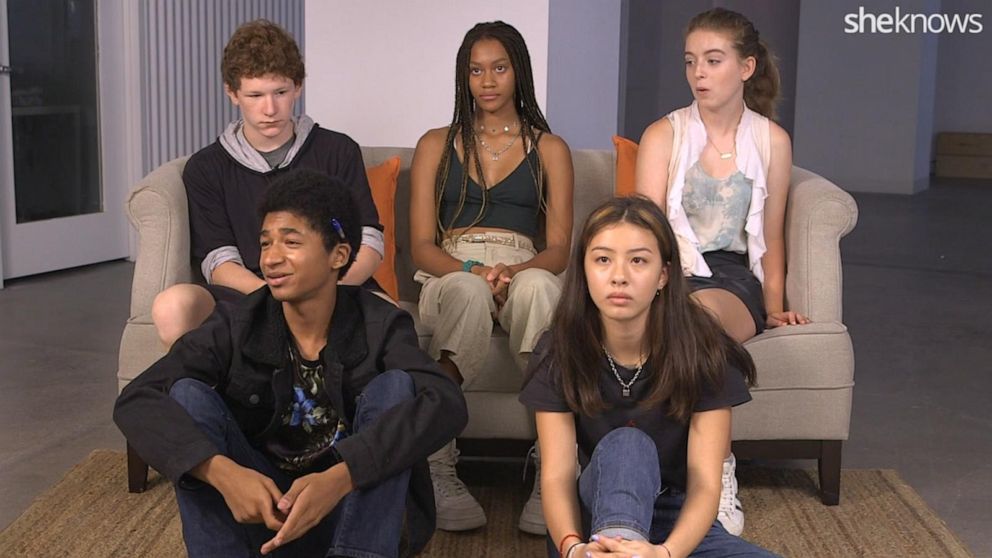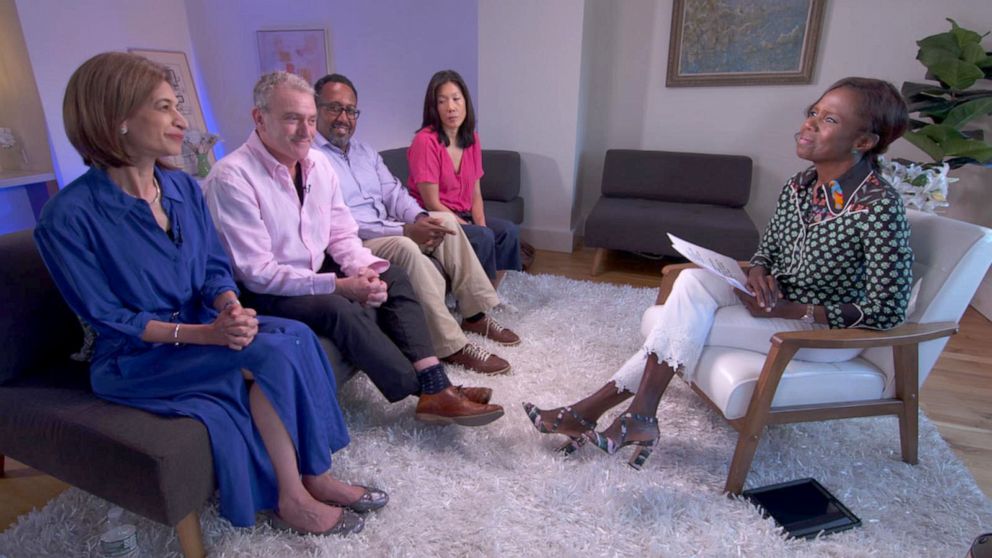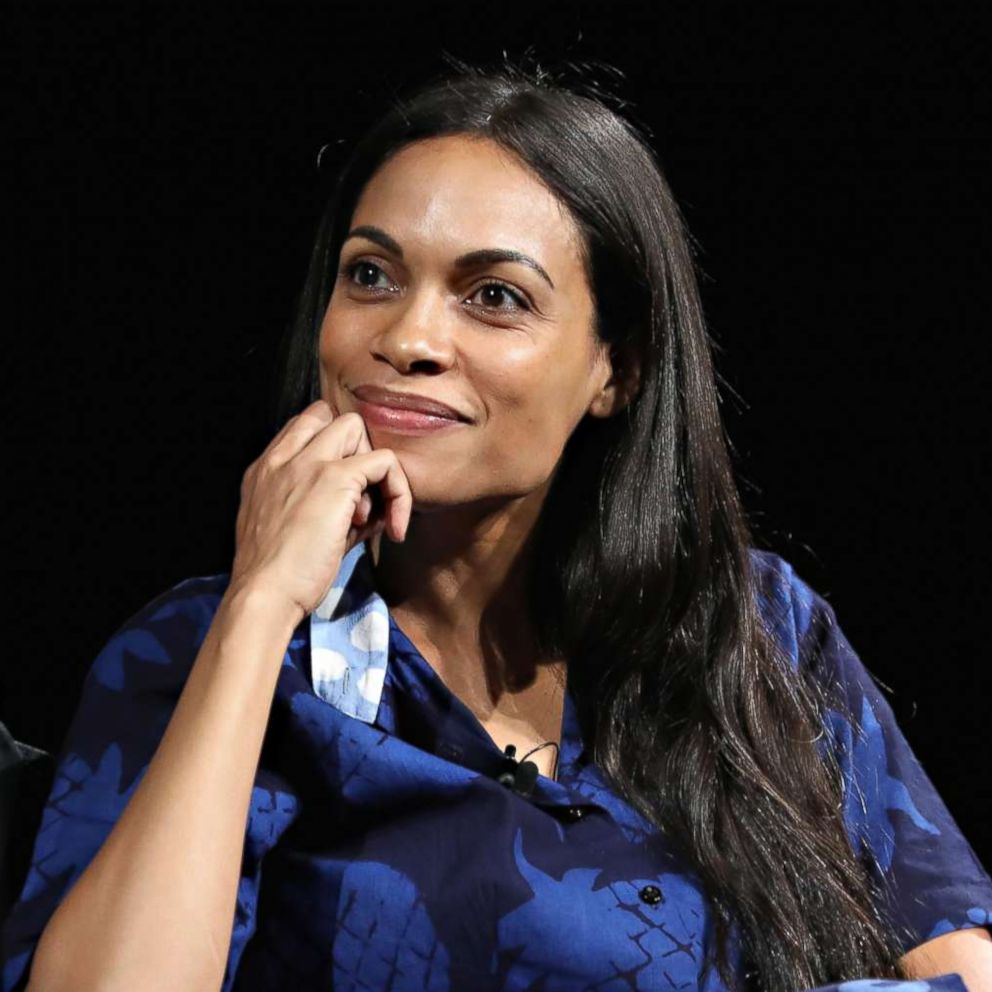Video experiment tracking the lives of pre-teens shows confidence dips as kids age
The "Hatch Kids" project shows how kids lose confidence as they grow older.
“I feel less confident than five years ago because now there’s a lot more pressure with what you wear, or even academically.”
“Five years ago I was steadily confident in what I was doing and now … it kind of changes but mostly depending on what I look like.”
These are just some of the words from teens echoed in a video project, Hatch Kids, that follows a group of 25 New York-based kids over the course of five years.
The project looks at how pre-teens between the ages of 9 and 14 change over time, ultimately eliciting conversations on parenthood, gender identity, self love and academic pressure.

“I want us to look at this particular age window, because I think it’s fundamental to long-term confidence,” said Samantha Skey, CEO of SHE Media, the digital media company that oversaw the Hatch Kids project.
"They're going through puberty at the same time with perpetual feedback from social media," she said. "I believe social media directly infringes upon confidence."
In the opening of the video, a young child proudly says, “I am the awesome-ist.”
Another says, “If a boy says you can’t do it because you’re a girl, I’ll just be like, 'I can do it if I want to and you’re not the boss of me.'”
Flash forward several years later, and the video shows several kids in their teens admitting they feel insecure or less confident.
Fourteen-year-old Jojo says in the video, “I focus a lot on what other people think of me and how other people view me instead of how I should be viewing myself.”
“This age, 14, is a very hard age,” said Skey. “It’s a hard age to feel ownership of your person hood, in terms of sort of integrating the different impulses and feelings you have."
"It was a loss of innocence and it was a loss of confidence in a lot of cases," she added.
Some parents of kids in the Hatch Kids project told "Good Morning America” they were surprised by how their kids felt after those five years.

“She seemed so confident,” said Felicia Kang, the mother of 14-year-old Julia. “I was not fully expecting as big a dip.”
Skey too found that over the course of the five years, social media played a big role in how kids developed and saw themselves over time. Frantz Cayo's daughter Gabrielle is one example.
“I compare my posts to other people,” said Gabrielle. “Why don’t people like my posts? Is it because I’m not good enough? Whenever my picture doesn’t have a lot of likes or comments after the first hour, I just delete it.”
In 2017, “Good Morning America” set up a similar experiment in which a group of 15-to-17-year-old girls candidly discussed the stresses they face, especially as a result of how pervasive social media is in their lives.
The same year, the American Psychological Association (APA) released a report that found approximately 79 percent of parents said that their teens use social media. Additionally, 69 percent of the parents of teen girls reported that they worried about the influence of social media on their child's health, compared to only 39 percent of parents of teen boys.
At least two parents of kids in SHE Media's video project told "GMA" that knowing what they know now, they wish they had held off on giving their kid a phone and limited television time as well.
Skey plans to continue to explore the group of kids in the Hatch Kids project through their high school years.
The kids' parents predict they'll continue to experience life as a roller coaster, but want other parents to know that it’s going to be all right.
“I want parents to take away that the kids are gonna be OK,” said Peter McCabe, father of 14-year-old Jojo. “That everyone -- all people go through stages, not just through adolescence but through the rest of your life.”







